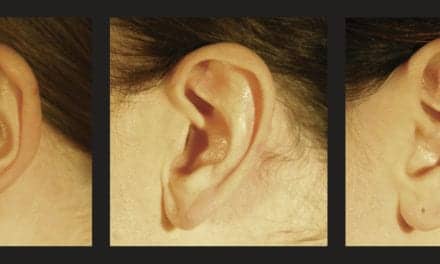February 16, 2007
Researchers at Rochester Institute of Technology aim to surpass the inherent limitations of hearing aids and cochlear implants through the development of a micropump for administering drugs and gene-based therapy treatments.
The project is supported by a $922,048 award from the National Institutes of Health – National Institute on Deafness and Other Communication Disorders.
David Borkholder, the project’s principal investigator and an assistant professor of electrical engineering in RIT’s Kate Gleason College of Engineering, is collaborating with the University of Rochester Medical Center to develop an implantable, refillable, variable-flow micropump platform for intracochlear drug delivery for deafness therapy research. Initially, a device will be designed for and tested using mice.
"Pioneering studies in the areas of auditory gene therapy and chemotherapy have produced exciting results showing potential for protection and regeneration of sensory systems in the inner ear," explains Borkholder. “More elaborate treatments are needed to achieve full restoration of hearing in animal models and for translational results in human clinical trials."
Robert D. Frisina, a professor and associate chair of otolaryngology and professor of biomedical engineering and neurobiology and anatomy at the University of Rochester Medical Center, explains: "Although some people are helped with hearing aids, the majority of those with hearing loss or hearing-related balance disorders go untreated.
"Future biomedical interventions will be aimed at treating the underlying biological problems that cause permanent sensorineural hearing loss rather than trying to amplify and filter incoming sounds with hearing aids,” Frisina says.
For full story go to: www.rit.edu/




